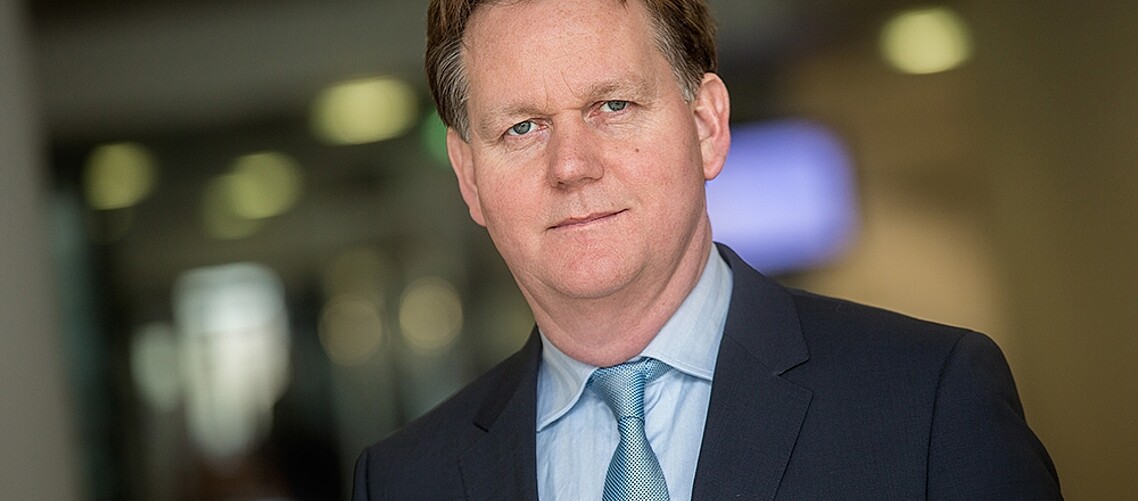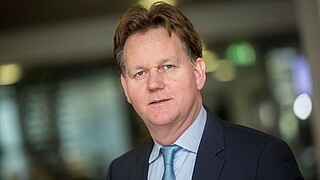Each year, the World Economic Forum (WEF) publishes its Global Gender Gap Index, which provides an insight into the inequality between males and females which affects more than 90 per cent of the world’s population. The 2015 report measures the gap between men and women in 145 countries across four key areas: economic participation, access to education, access to health care and life expectancy, and political influence. After dropping from 11th to 14th place in the standings last year, the Netherlands has climbed to a 13th place again this year. The WEF is hosted by INSCOPE: Research for Innovation. Henk Volberda, professor of strategic management and business policy at Rotterdam School of Management, Erasmus University (RSM), was in charge of the team investigating the Dutch gender gap.
The rate of inequality between the sexes has decreased by four per cent over the last ten years. Women now earn roughly what men earned back in 2006. According to the World Economic Forum, the gender pay gap will not be eliminated until the year 2133, i.e. 118 years from now, if progress continues to be made as slowly as this. As far as global access to health care and education is concerned, there is hardly any gender inequality in 2015. Professor Henk Volberda stated that, as far as access to health care is concerned, the gap between the sexes has been closed by 96 per cent, whereas the access-to-education gap has been closed by 95 per cent. However, Volberda also said that much progress remains to be made in the fields of economic participation and political influence for women. In these fields, the gaps are as high as 59 per cent and 23 per cent, respectively. In other words, women are 41 per cent less active in the global economy, and 77 per cent less politically influential.
Inequality will persist
There is no country on earth where gender inequality has been eradicated completely. The four highest-ranking countries – Iceland, Norway, Finland and Sweden – have closed their gaps by over 82 per cent. The lowest-ranking country – Yemen – has not even managed to close its gap by 50 per cent. The Netherlands has closed the gap between the sexes by more than 77 per cent.
Europe leads the way
Seven European countries rank among the top 10, and fourteen European countries rank among the top 20, in terms of gender gap reduction (refer to Table 1). The top four, which is entirely made up of Nordic countries, has remained unchanged since last year. The USA, Canada and Burundi have been replaced in the top 20 by the UK, Namibia and Slovenia.
For the full report (in Dutch), click here.
More information
Rotterdam School of Management, Erasmus University (RSM) is one of Europe’s top-ranked business schools. RSM provides ground-breaking research and education furthering excellence in all aspects of management and is based in the international port city of Rotterdam – a vital nexus of business, logistics and trade. RSM’s primary focus is on developing business leaders with international careers who can become a force for positive change by carrying their innovative mindset into a sustainable future. Our first-class range of bachelor, master, MBA, PhD and executive programmes encourage them to become critical, creative, caring and collaborative thinkers and doers. www.rsm.nl
For more information about RSM or this release, please contact Danielle Baan, Media & Public Relations Manager for RSM, on +31 10 408 2028 or by email at baan@rsm.nl.
Type
Alumni
,
Companies
,
Executive education
,
Faculty & Research
,
Homepage
,
Newsroom
,
Master
,
MBA
,
Strategic management and entrepreneurship


